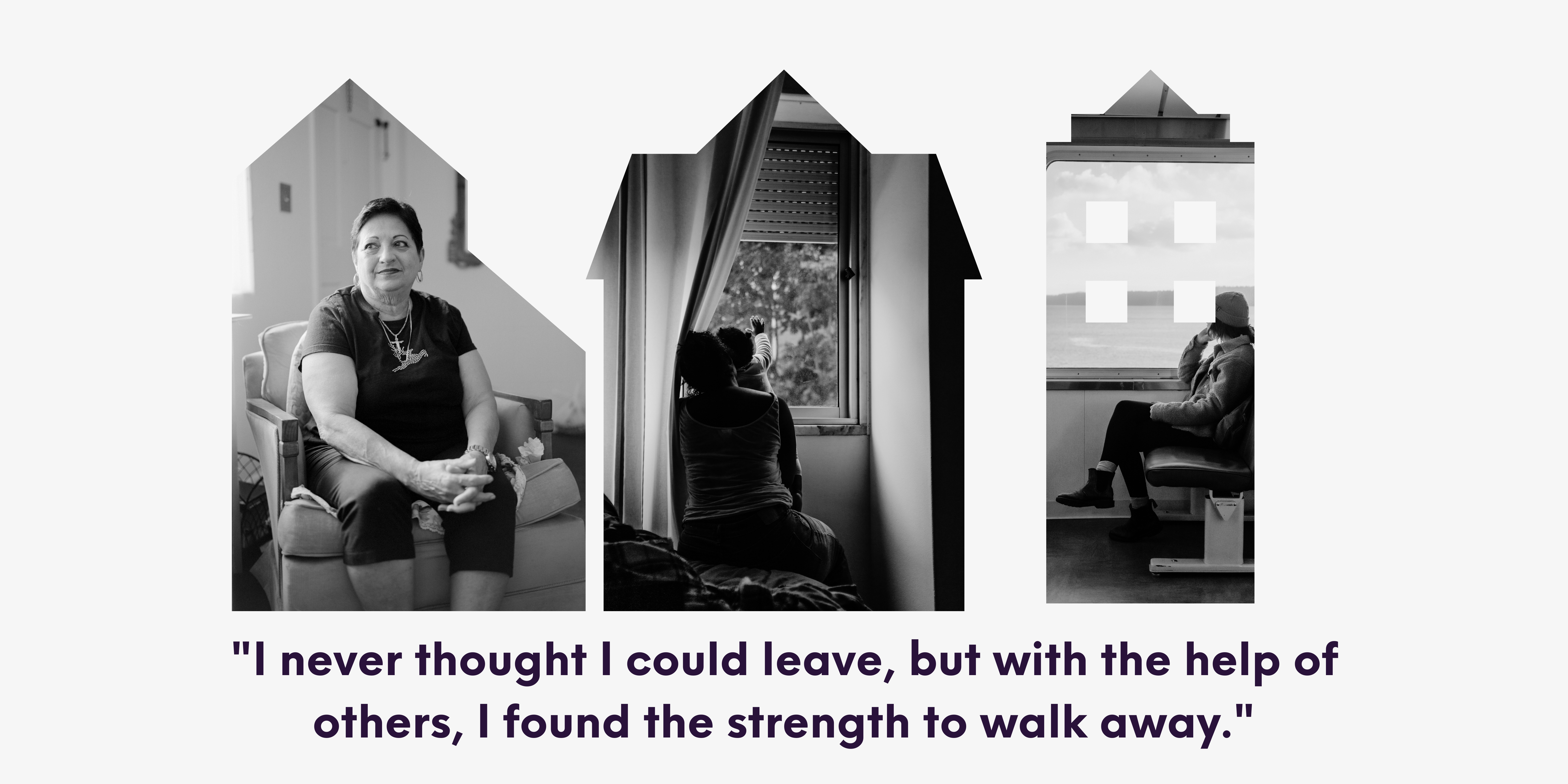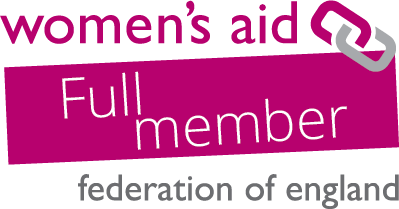
Domestic abuse is a cruel and complex issue, leaving survivors with physical and emotional scars that can last a lifetime.
Women are the most affected by domestic abuse, statistics from the last ONS bulletin showed that in 2021, women were around twice as likely to have experienced domestic abuse than men. However, their gendered experience has been deeply stigmatised, diminished, or worse still, ignored. Intersecting factors such as race, ethnicity, and immigration status also act as barriers for survivors to identify, seek help, or report abuse due to a distrust of statutory agencies, concerns about racism, fears about immigration and/or asylum status and risk of deportation, among others.
Helena, Emma, and Alexandra’s following stories are only a few of the thousands of similar domestic abuse and violence cases in the UK and portray the hardships violence against women and girls (VAWG) survivors undergo during their rehousing process.
Helena, a 47-year-old Venezuelan mother of two, contacted LAWA for help with domestic violence from an ex-boyfriend who had kidnapped her children. The police couldn’t issue a protection notice because he didn’t live with her. Despite support from LAWA to start a homelessness process, her case was classified as not related to domestic violence, resulting in a denial of housing assistance.
Emma is a Colombian woman and mother of an autistic child who suffered various forms of abuse from her partner. Even after they separated, she received death threats from him and his family and was physically assaulted and harassed. Emma lived in constant fear for her and her daughter’s safety. Despite the involvement of multiple agencies and a police restriction order, housing officers questioned her for not directly communicating with them about her housing application.
Both Helena’s and Emma’s journeys are intertwined by the issue of council services malpractice, which further led the domestic abuse survivors to experience a revictimizing and time-consuming process while waiting to be allocated to temporary accommodation. Holistic and integral support must be urgently addressed to women in domestic abuse situations for them to not only access safer housing conditions but to subsequently break the violence cycle they have undergone.
Alexandra, a 58-year-old woman, left Spain due to domestic abuse by her partner of 30 years. After arriving in the UK in 2019, she lost her job due to medical problems and the pandemic. Fearing her ex-partner could find her through their daughter, she stayed with her sister-in-law, who could be visited by the perpetrator at any time. Despite being granted Temporary Accommodation by the council, she faced a rat infestation. She had to sleep on the floor of a friend’s home for four months before being offered secure housing.
Alexandra’s journey has been burdensome and overall painful due to poor, unhealthy and unhygienic housing conditions during her time residing at temporary accommodation. The woman’s experience is not isolated but has rather become a common issue. In recent years, council housing conditions in London have been questioned and even described as “appalling”, “unliveable” and “dangerous” by many residents who complain to their landlords without significant action being taken.
As seen, many survivors must leave their homes and the area where they live to escape abuse. This means local authorities have a duty to secure accommodation eligible for assistance, and domestic abuse survivors are automatically eligible. They should implement gender-sensitive housing policies that consider the specific needs of women survivors of VAWG. This can include policies that prioritize women survivors for social housing, and that ensure that housing allocations consider the safety and security needs of survivors. Moreover, as the Domestic Abuse Commissioner has stated, “the support and services available to survivors does not meet the levels of demand and a considerable injection of long-term funding is needed”
Whilst most local authorities are themselves under multiple pressures and facing limitations in terms of resources, it must not be forgotten that the statutory duty is on them to support survivors.
Whether we talk about social housing, so-called ‘temporary accommodation’ or privately rented sector, safe, secure and healthy homes should be offered on a consistent basis to all survivors of gender-based violence at prices that they can truly afford. Women deserve more than a roof over their heads, they have a right to live with dignity and in an environment that enables them and their children to heal and rebuild their lives.
Sources:
ONS Bulletin:
https://www.ons.gov.uk/peoplepopulationandcommunity/crimeandjustice/datasets/domesticabusepreval





